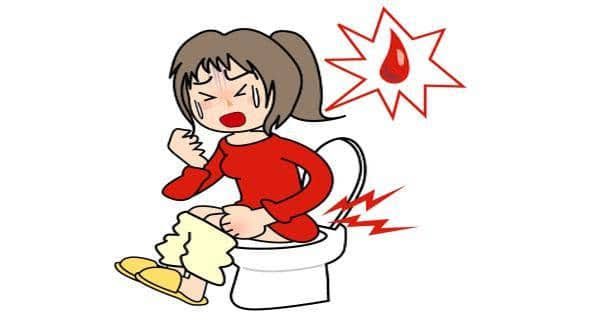This content is for informational and educational purposes only. Always consult a qualified healthcare provider.
Last Updated on February 2, 2024 by Grace Oluchi
Rectal bleeding, also known as hematochezia, is a common medical condition that affects people of all ages. The condition is characterized by the presence of blood in the rectum, which can be seen as bright red blood on toilet paper or in the toilet bowl.
It can be caused by a variety of factors, ranging from minor issues such as hemorrhoids to more serious conditions such as colon cancer.
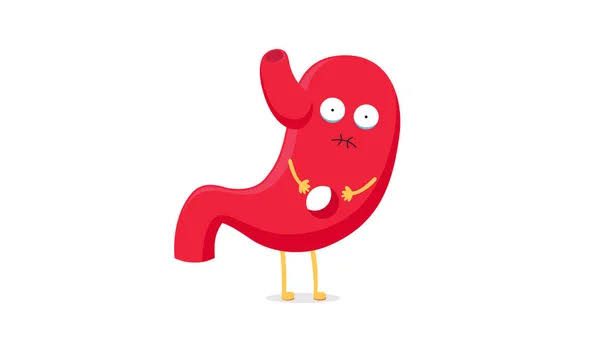

In this article, we will take a closer look at rectal bleeding, its common causes, symptoms, diagnosis, and treatment options.
📋 Table of Contents
Causes of Rectal Bleeding.
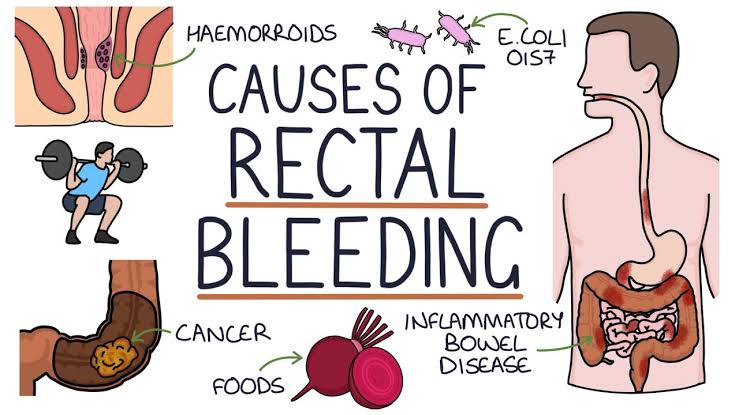

There are several factors that can cause rectal bleeding. Some of the most common causes include:
- Hemorrhoids: Hemorrhoids are swollen veins in the rectum or anus that can cause bleeding during bowel movements.
- Anal fissures: An anal fissure is a small tear in the lining of the anus that can cause bleeding and pain during bowel movements.
- Diverticulitis: Diverticulitis is a condition that occurs when small pouches in the colon become inflamed or infected, leading to bleeding and other symptoms.
- Inflammatory bowel disease: Inflammatory bowel disease (IBD) is a chronic condition that can cause inflammation and bleeding in the digestive tract.
- Colon cancer: Colon cancer is a serious condition that can cause rectal bleeding, especially in older adults.
Symptoms of Rectal Bleeding.
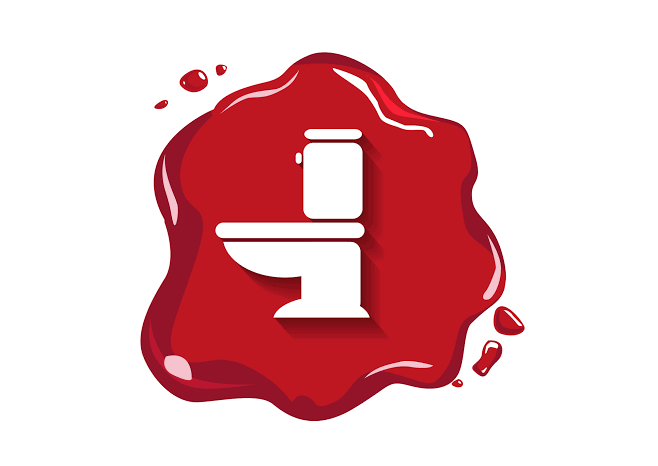

The symptoms of rectal bleeding can vary depending on the underlying cause of the condition. Common symptoms of rectal bleeding include:
- Bright red blood on toilet paper or in the toilet bowl after a bowel movement.
- Pain or discomfort during bowel movements.
- Diarrhea or constipation.
- Abdominal pain or cramping.
- Fatigue or weakness.
Diagnosis of Rectal Bleeding.
If you are experiencing rectal bleeding, it is important to see a doctor for an accurate diagnosis. Your doctor will likely perform a physical exam and may order additional tests, such as a colonoscopy, to determine the cause of the bleeding.
Treatments
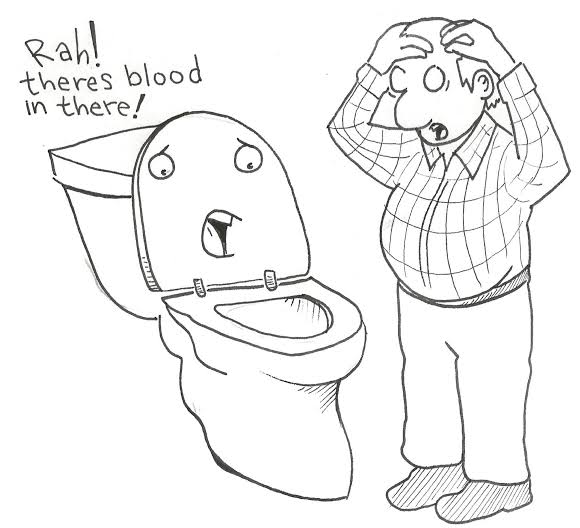

The treatment depends on the underlying cause of the condition. In some cases, it may go away on its own without treatment. However, if the bleeding is caused by a more serious condition, such as colon cancer, you may need to undergo surgery or other treatments to manage the condition.
If the bleeding is caused by hemorrhoids or anal fissures, your doctor may recommend over-the-counter creams or ointments to reduce swelling and pain. Increasing fiber intake and drinking plenty of fluids can also help reduce symptoms of hemorrhoids and anal fissures.
Prevention


There are several steps you can take to prevent it such as:
- Eating a healthy diet that is high in fiber and low in fat.
- Drinking plenty of fluids to prevent dehydration.
- Exercising regularly to promote healthy bowel movements.
- Avoiding straining during bowel movements.
- Seeing a doctor if you experience rectal or other symptoms of digestive problems.
The bottom line.
Rectal bleeding is a common condition that can be caused by a variety of factors. If this occurs , it is important to see a doctor for an accurate diagnosis and appropriate treatment. By taking steps to prevent it and manage underlying conditions, you can reduce your risk of developing this condition and improve your overall digestive health.

